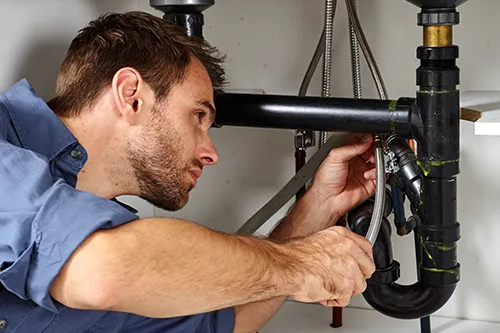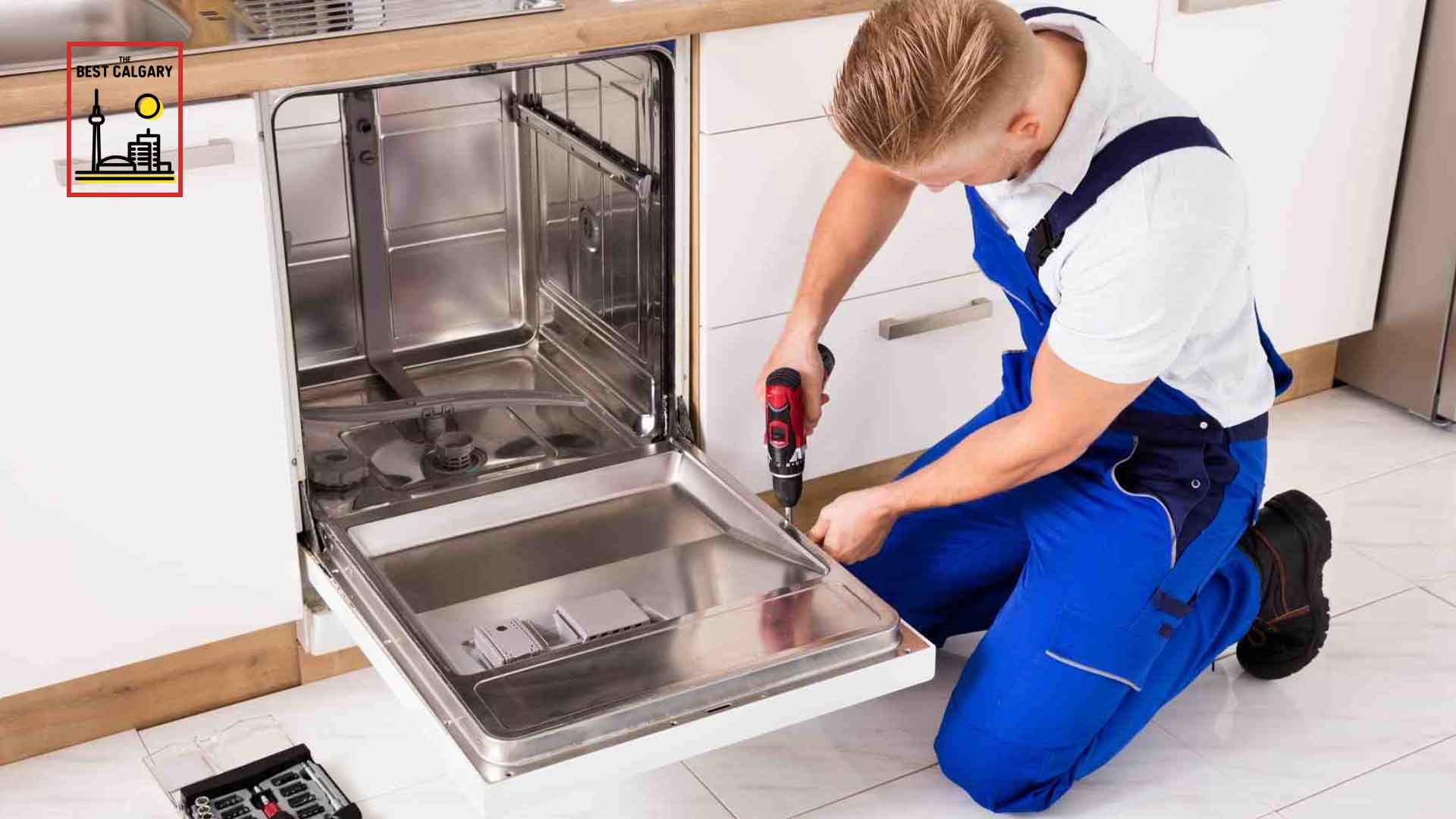Six Unnoticed Things That Damage Your Home Plumbing Systems
Six Unnoticed Things That Damage Your Home Plumbing Systems
Blog Article
Do you find yourself hunting for info around Ways to Make Your Pipes Last Longer?

The secret to long lasting devices, unsurprisingly, appertains maintenance. There's no hard and fast policy that can assure your plumbing devices a lengthy wear, yet you can prevent unnecessary damage and repair work by preventing poor plumbing routines.
You need to quit doing these 6 points else you'll maintain calling your plumber over for minor faults.
Flushing every little thing
Yes, your toilet drainpipe causes the drains, yet that doesn't imply you ought to dispose just anything down the drain. Many 'flushable' materials are actually excellent obstruction beginners, as an example floss. Asides keeping obvious non-flushable materials like cords and also plastics out of your commode, you must likewise prevent flushing cotton buds, menstrual items, wipes, daipers and also prophylactics down the commode drainpipe.
Putting grease in the sink
We know correctly throwing away oil after a hearty meal is a discomfort. However just pouring it down the tubes can do long-term harm to your pipelines. "The fat as well as grease can clog your drainpipe terribly enough to force you to call a plumber," clarifies Dawson. "Plumbing functions best when it's well taken care of-- not abused with grease."
Using way too much drainpipe cleaner
Utilizing a drain cleaner more than one or two times a month is an indication that something major is taking place within your pipelines. Currently, rather than facing the major problem, you go for a quick fix; a carbonated drain cleaner. Rightfully, a drain cleaner will care for the blockage, but at what price?
The chemicals in a drain cleanser can quicken the corrosion of your pipelines. Add that to whatever underlying trouble is causing the obstruction as well as you might have to a serious trouble on your hands.
If you experience way too many blockages, call your emergency plumber rather than using a drainpipe cleaner.
Not washing meals before loading them right into the dishwashing machine
it's called a dishwasher, yet throwing in dishes, pots, and also pans covered in big food particles can in fact cause some severe damage to the home appliance, leading to lasting troubles down the line. "Property owners might have to get their dish washer repaired more frequently if they do not rinse their meals before packing, or at least eliminate bigger food pieces," describes Audrey Monell, owner of Forrest Anderson Plumbing as well as Air Conditioner in Glendale, Arizona. "Food that gets stuck on meals creates the dishwasher to function harder, which can wear down components much faster, resulting in issues."
DIYing every little thing
With plumbing, a stitch in time really does save 9. You can protect against a fullblown plumbing emergency by calling your plumber at the right time.
You may have discovered a couple of plumbing hacks from your dad, yet you ought to understand where to draw a line as well as call a specialist. For example, you may be able to take care of a clog yourself, however you shouldn't attempt to change a pipeline. You can mismatch pipes or overtighten a screw, creating more injury and damage than you thought. Calling a plumber is a risk-free and cost effective choice.
Not transforming your dishwasher hose pipes
One simple means to make certain that you utilize your dishwasher for years is to replace the tube a minimum of once in five years. This likewise applies for washing device hose pipes.
In time, food bits, soap and also oil can create obstructions within your pipelines. Replacing them on schedule will certainly stop any type of presure develop that can damage the internal functions of your dishwashing machine or washing device.
A reinforced steel braided tube does a great work of lengthening your maker's use time.
No winter season precautions
Extreme weather conditions are bad for your pipelines, particularly if they're made of steel. You should shield your subjected pipes, and your water container, even if you have a water heater. You should also switch off your yard hose pipe valve and also any other outside water channels. These channels are electrical outlets for cool; you pipelines can start to freeze from outside if you don't.
How Hard Water Damages Your Plumbing and Appliances
Hard water is no stranger to most households across America. This silent invader affects 85% of homes in the United States every day, wreaking havoc on pipes, plumbing fixtures, and water-using appliances.
Should you become a victim of hard water, you must understand exactly what it is and how it affects your plumbing and appliances. This will help you determine the correct measures to put in place to fix or prevent any problems that may arise.
First off, what exactly is “hard” water?
In short, “hard water” is used to describe water that contains relatively high amounts of dissolved minerals, primarily calcium and magnesium, and a host of trace metals. When rainwater falls from the sky (usually in a pure form), it absorbs the hardness minerals from rocks and soil, which changes it from soft to hard water.
What about my plumbing and appliances?
Mineral deposits from hard water can cause buildup on tubs, shower, sinks, faucets. But that’s only a small scratch of the surface. Those minerals can gradually build up inside pipes, fixtures, water heaters, washing machines, and dishwashers. Once they accumulate in those areas, they can clog pipes and create major problems throughout your plumbing system, from reduced water flow to increased pressure on pipes and fixtures.
This limescale buildup might affect some appliances, causing them to operate less efficiently and wear down faster. And the result? Higher energy bills, more (costly) plumbing replacements and repairs, and damaged appliances.
Keep in mind that certain types of plumbing are more susceptible to clogging than others. Copper, PVC, and PEX pipes are more resistant to hard water buildup and corrosion, but they can still get clogged or completely blocked by scale deposits.
How do I know if my water is hard?
White limescale buildup on plumbing fixtures (or any of the other signs mentioned above) is usually a good sign that your water is hard. If you suspect that you have hard water, you can simply shake up a small amount of dish soap and water in a closed container. If the mixture doesn’t create a lot of suds, you probably have hard water.
The most precise method, however, is to test your water with a DIY test kit (sold online or at local home centers or hardware stores) or send a water sample from your tap to a local lab to be tested. Be sure that you understand the nature of the test, the water condition being measured, and the significance of the test results.
Another way to obtain an estimate of water hardness is to check your annual water quality report to see if your water provider has reported any instance(s) of water hardness in your water supply.
https://www.springwellwater.com/how-hard-water-damages-your-plumbing-and-appliances/

As a reader on Don’t Let an Earthquake Damage Your Plumbing, I think sharing that piece of content was really useful. Enjoyed reading our blog posting? Please share it. Let other people discover it. We value reading our article about Don’t Let an Earthquake Damage Your Plumbing.
This Resource Report this page